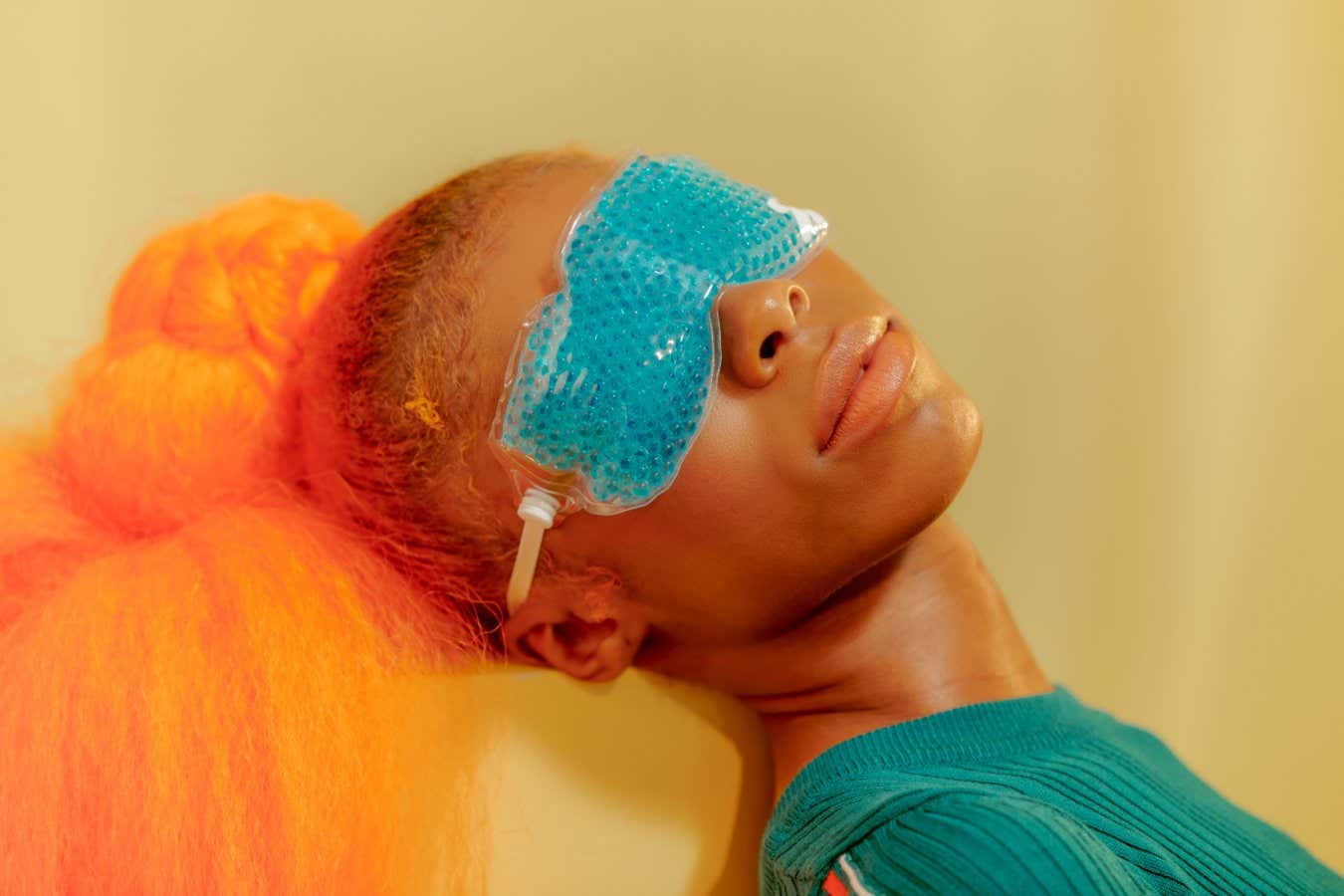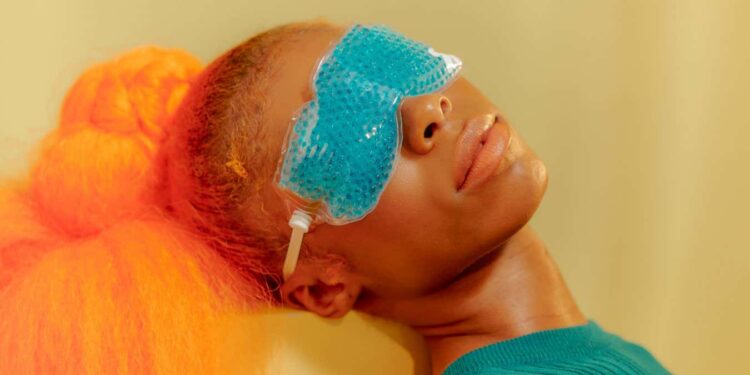[ad_1]

Caroline Tompkins/Refinery29 for Getty Images
When trying to form a healthy habit, it usually helps to be conscious. So it is easy to understand why sleep-tracking devices, which claim to reveal what happened while users were out for the count, have become so popular with those in pursuit of better rest. These promise to monitor not just how long you have slept, but the depth and quality of your sleep too. They even offer insights into how peppy you should expect to feel the next day.
Most sleep scientists caution that the data recorded by these devices is unreliable, but putting aside whether or not we can trust the information they provide, focusing too hard on the numbers can leave people unduly fretting about their sleep quality. This obsessive approach to optimising rest, which has been coined orthosomnia, only tends to make things worse. In other words, data overload can keep you up at night.
There is another reason to avoid such a laser-focus on what happens while the lights are out if you are hoping for more shut eye: you are missing the bigger picture. Good sleep is fundamental to our long-term health, but, as we explore in our special issue that starts with “The new science of sleep: How to sleep better whatever your lifestyle”, good sleep isn’t just made in the bedroom.
An obsessive approach to optimising sleep only tends to make things worse
Take diet, for example. A growing body of evidence suggests that a healthy gut microbiome leads to better sleep and vice versa (see “The surprising relationship between your microbiome and sleeping well”), so if you want to sleep better, what you eat is important.
It would also be remiss to expect our sleep requirements to be the same every night or identical to those of others. We are increasingly learning that our needs are both individual (see “Why your chronotype is key to figuring out how much sleep you need”) and variable, due to factors like our age and fluctuations in hormones (see “A better understanding of our hormones and sleep could improve both”).
So, while the way we approach the actual hours of sleep can, of course, improve it (for personal tips from the experts, see “What nine sleep researchers do to get their best night’s rest”), all of this suggests we can ease up on the pressure to create the perfect bedtime conditions and recognise that it isn’t just our unconscious hours that define good sleep. What we do throughout our waking day can make a big difference too.
Topics:
[ad_2]
Source link : https://www.newscientist.com/article/mg26535273-400-wake-up-to-the-bigger-picture-on-how-to-get-a-better-nights-sleep/?utm_campaign=RSS%7CNSNS&utm_source=NSNS&utm_medium=RSS&utm_content=health
Author :
Publish date : 2025-01-22 18:00:00
Copyright for syndicated content belongs to the linked Source.














